Law Minister Ravi Shankar Prasad moves Triple Talaq bill in Rajya Sabha
Tue 30 Jul 2019, 13:29:06
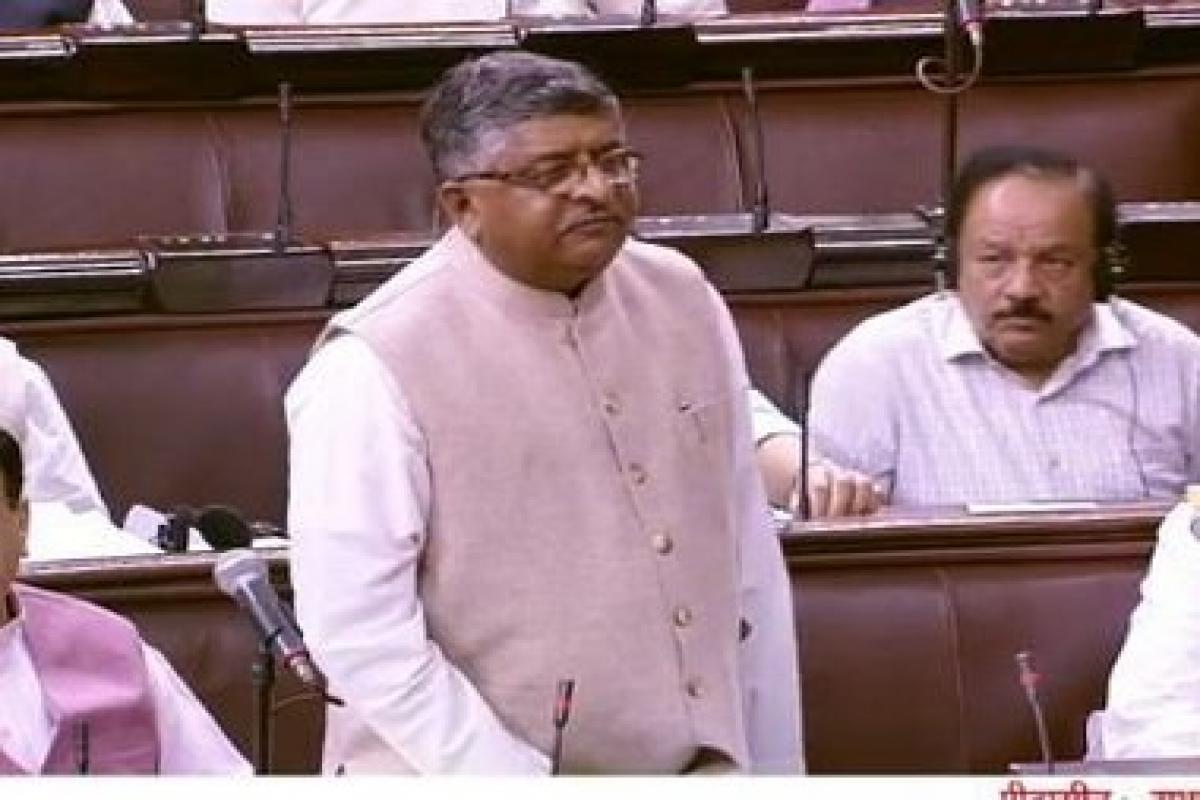
New Delhi: Law Minister Ravi Shankar Prasad on Tuesday moved the triple talaq bill in Rajya Sabha, saying it has been brought to ensure justice for Muslim women and should not be seen through a political prism.
Urging members to approve 'The Muslim Women (Protection of Rights on Marriage) Bill, 2019', he said the practice of triple talaq is continuing despite the Supreme Court banning the same through its judgement.
The Bill has been passed by the Lok Sabha last week.
Moving the bill, Prasad said the proposed legislation should be not seen through a political prism or vote bank politics, as it aims to ensure gender dignity and equality.
"This issue should not be seen through a political prism or votebank politics. This is a question of humanity. This is for ensuring justice to women, dignity and empowerment to women and to ensure gender dignity and equality," he said.
He said after the Supreme Court judgement banning instant triple talaq as many as 574 cases of of the illegal practice have come to the notice of the government.
He added that after the last ordinance issued by the government criminalising the
practice, as many as 101 cases have come to light.
practice, as many as 101 cases have come to light.
"The judgement has come, but no action on triple talaq has been taken. That is why we have brought this law, because the law is a deterrence," he said.
Prasad the practice has been banned in more than 20 Islamic countries, but has not happened in secular India due to one or the other reason.
The Congress, however, opposed the criminal angle in the bill.
Amee Yajnik said through this bill, the government has thrust women into a criminal magisterial court for settling family matters.
Chairman M Venkaiah Naidu has allotted four hours for discussing the legislation.
Under the Muslim Women (Protection of Rights on Marriage) Bill, 2019, divorcing through instant triple talaq will be illegal, void and would attract a jail term of three years for the husband.
While the bill makes triple talaq a "non-bailable" offence, an accused can approach a magistrate even before trial to seek bail.
In a non-bailable offence, bail cannot be granted by police at the police station itself.
No Comments For This Post, Be first to write a Comment.
Most viewed from National
Most viewed from World
AIMIM News
Delhi Assembly polls: Owaisi leads Padyatra in Okhla
Feb 01, 2025
We reject this Waqf Amendment Bill: Asaduddin Owaisi
Jan 30, 2025
Latest Urdu News
Most Viewed
May 26, 2020
Which political party will win the Delhi Assembly polls to be held on Feb 5?
Latest Videos View All
Like Us
Home
About Us
Advertise With Us
All Polls
Epaper Archives
Privacy Policy
Contact Us
Download Etemaad App
© 2025 Etemaad Daily News, All Rights Reserved.

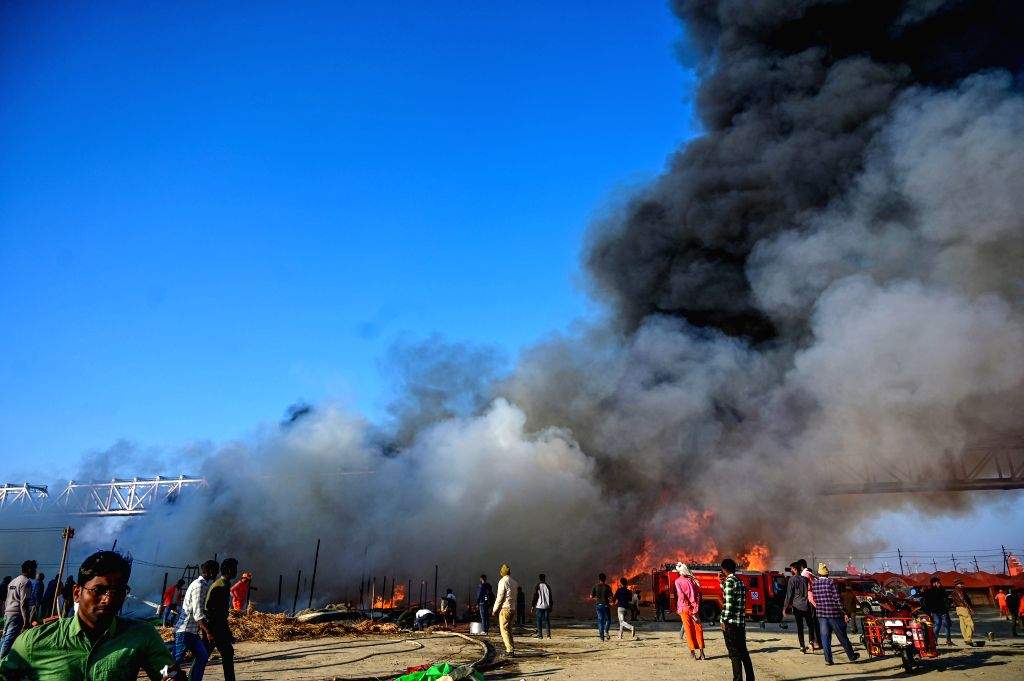
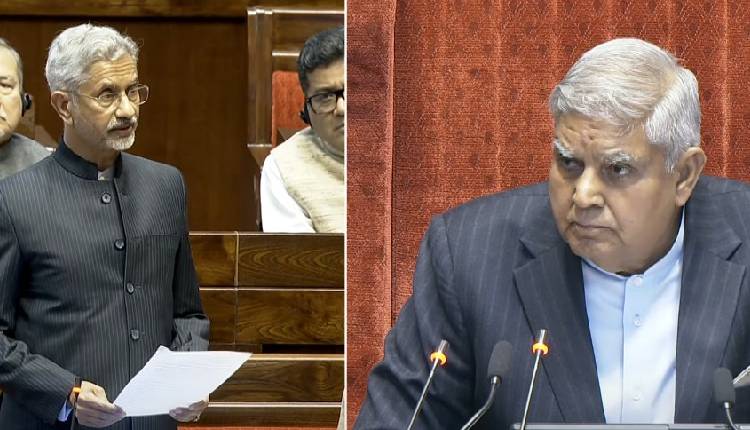
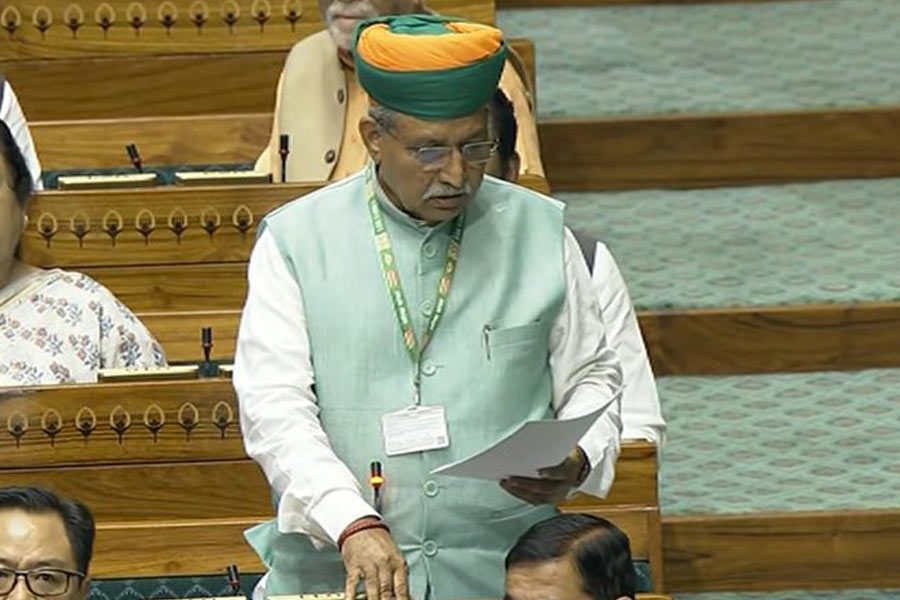

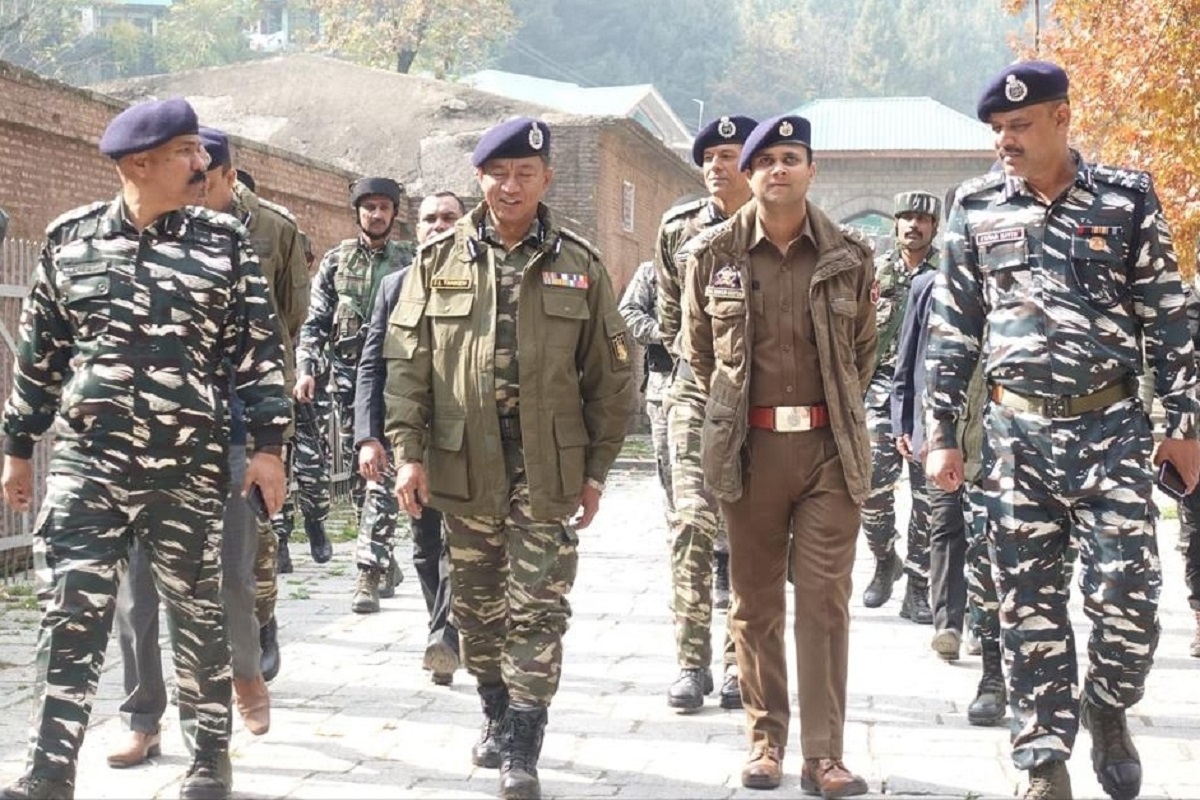
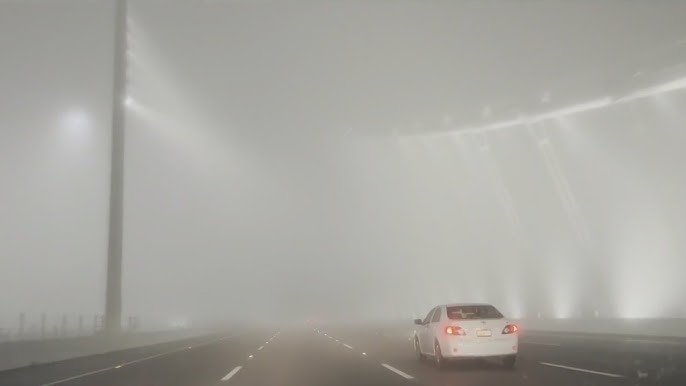


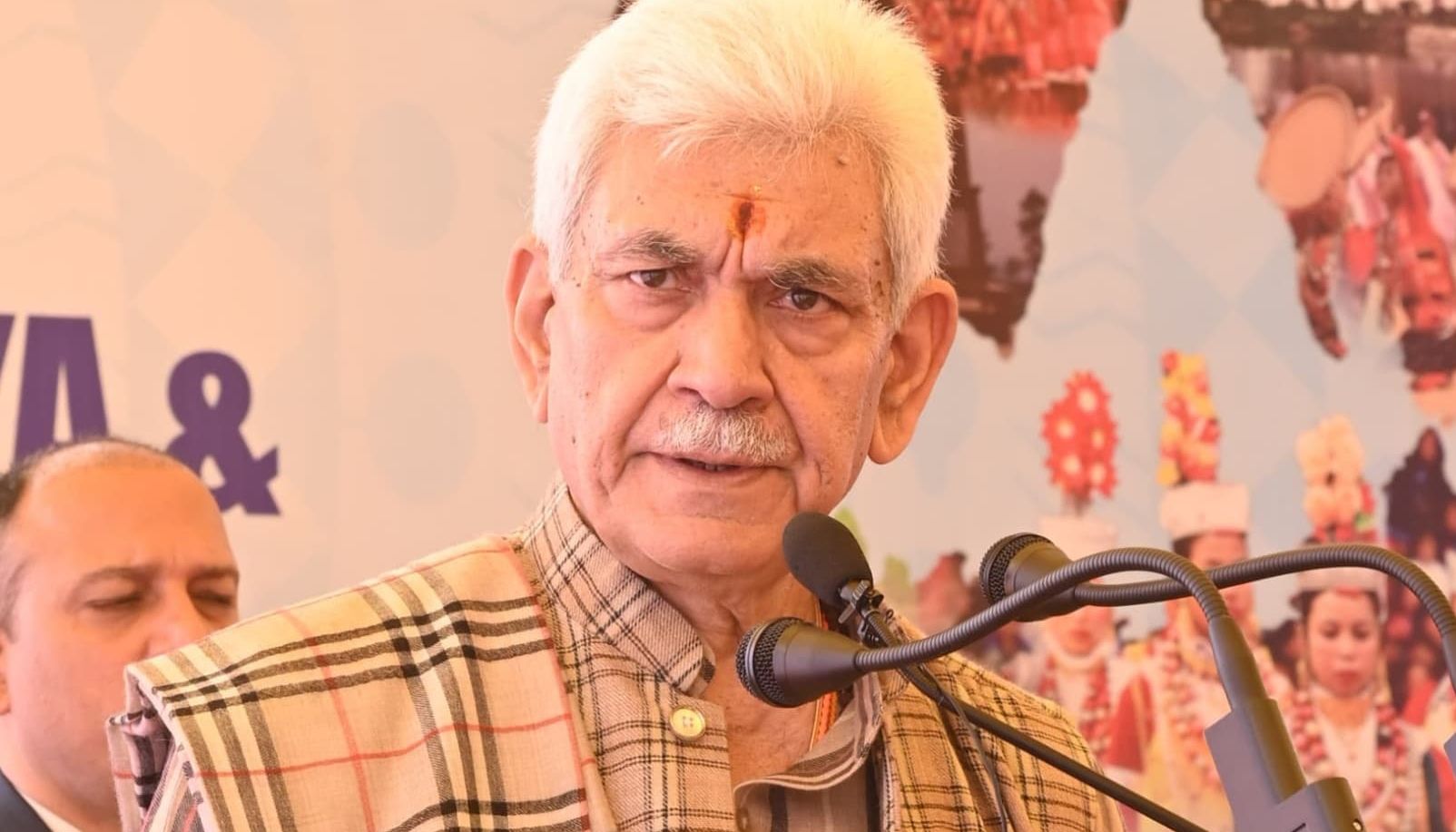
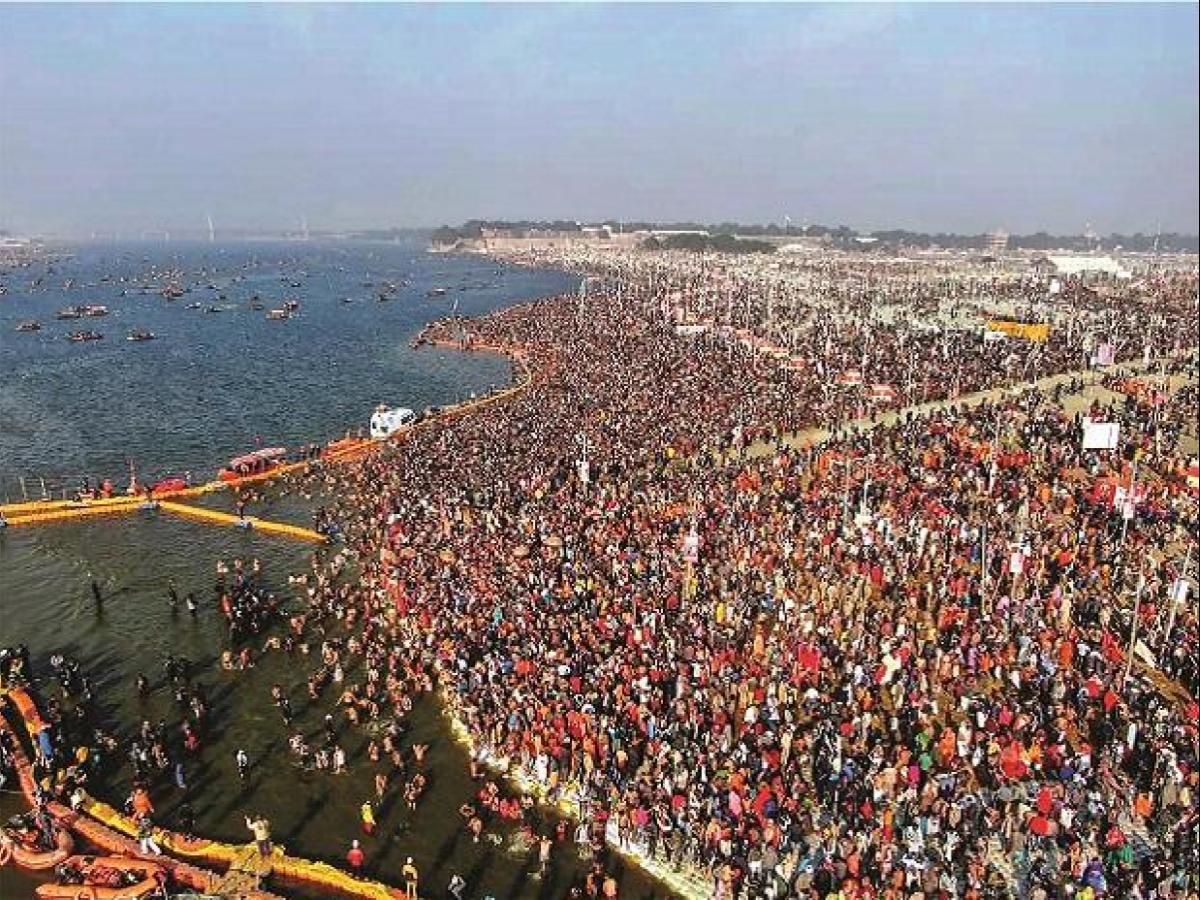

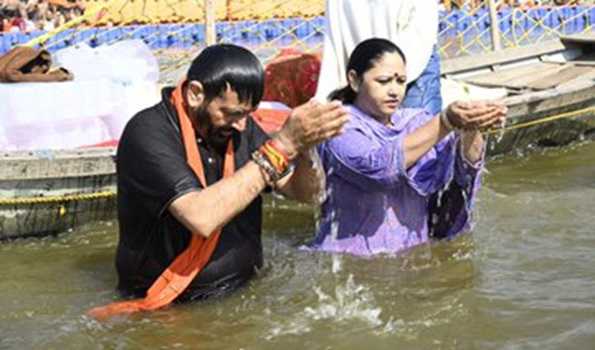
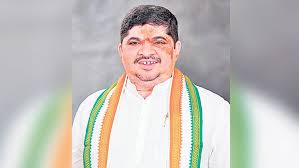
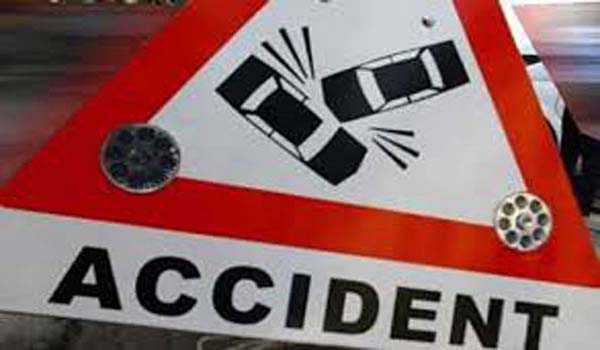





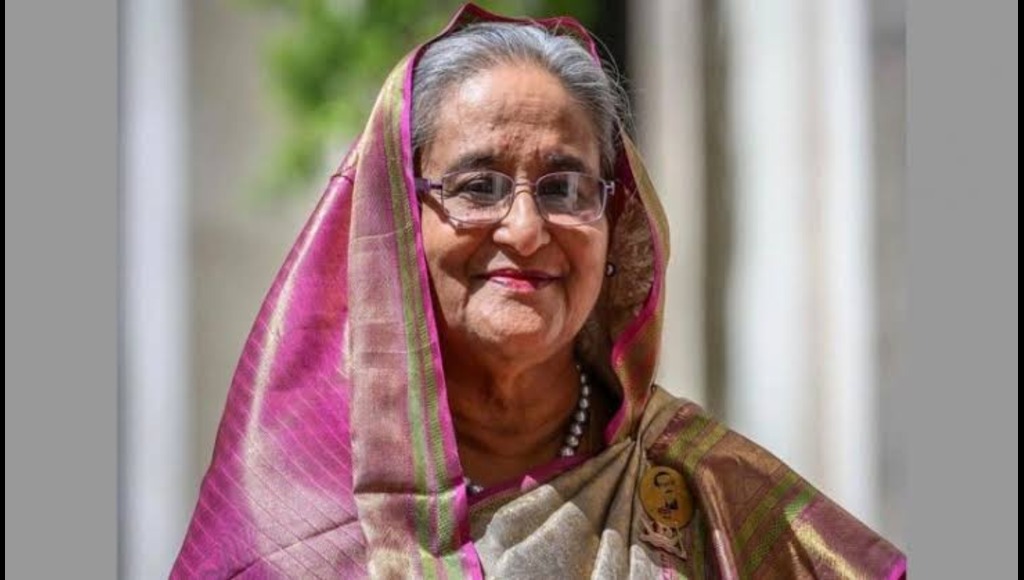


.jpg)
.jpg)

















